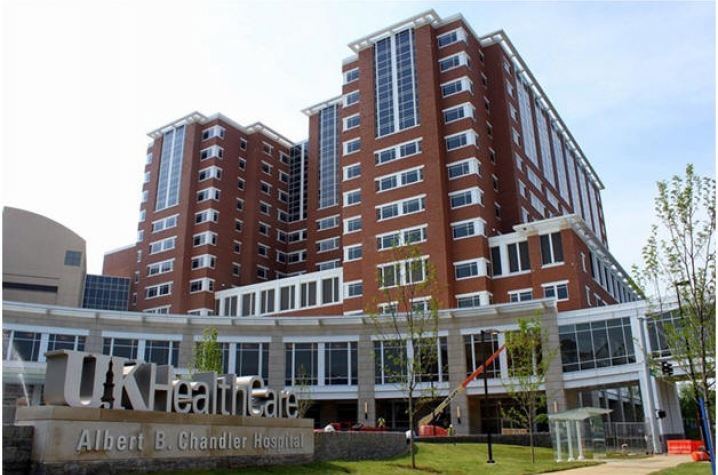Kentucky Hospital Officials Meet to Discuss Preserving Vital Drug Discount Program

LEXINGTON, Ky. (May 16, 2014) — More than 50 Kentucky hospitals met May 16 at the University of Kentucky to discuss threats to a little-known federal program that helps them serve low-income and uninsured patients across the Commonwealth.
Since 1992, the 340B drug discount program has allowed hospitals that treat large numbers of needy patients to buy reduced-price medications from drug companies. Providers then pass these discounts on to patients through reduced cost or free prescriptions. Hospitals also use savings generated through the program to fund services as diabetes, cancer, dental and HIV/AIDS clinics.
The pharmaceutical industry has raised concerns about the growth of 340B and is lobbying in Washington to place significant restrictions on the program such as cutting the number of hospitals that can access the discounts. There are 62 hospitals in the Commonwealth that participate in the program including large health systems such as Appalachian Regional Healthcare, academic medical centers such as UK HealthCare and the University of Louisville Hospital as well as numerous small rural hospitals.
“The program allows us to reach more patients with high-quality care and discount medications,” said Mark D. Birdwhistell, vice president for administration and external affairs for UK HealthCare and chair of the Board of Directors of Safety Net Hospitals for Pharmaceutical Access. “Without it, we would be forced to cut back and close vital services to needy Kentuckians.”
While the program has been expanded in recent years to rural hospitals, it still represents just 2 percent of the annual $329 billion U.S. pharmaceutical market. “Not only is it not taxpayer funded, it helps save public dollars by keeping outpatients healthier and out of the emergency room”, said Ted Slafsky, president and CEO of Safety Net Hospitals for Pharmaceutical Access, a non-profit group that represents the hospitals in 340B.
“Even with the arrival of the Affordable Care Act, it’s estimated that 31 million Americans will remain without health insurance,” said Slafsky. “The 340B program is an absolutely vital resource for health providers to help patients who cannot afford to pay for care.”
Media Contact: Kristi Lopez, kristi.lopez@uky.edu




